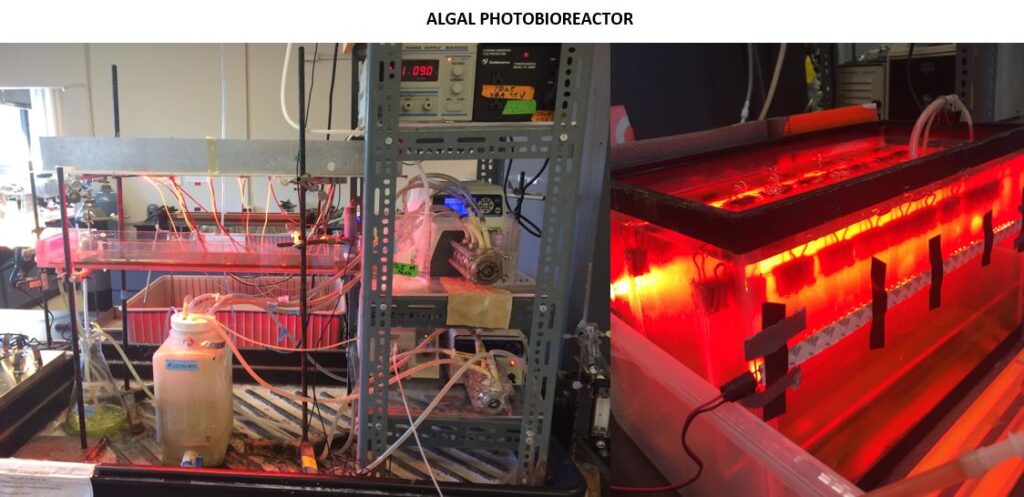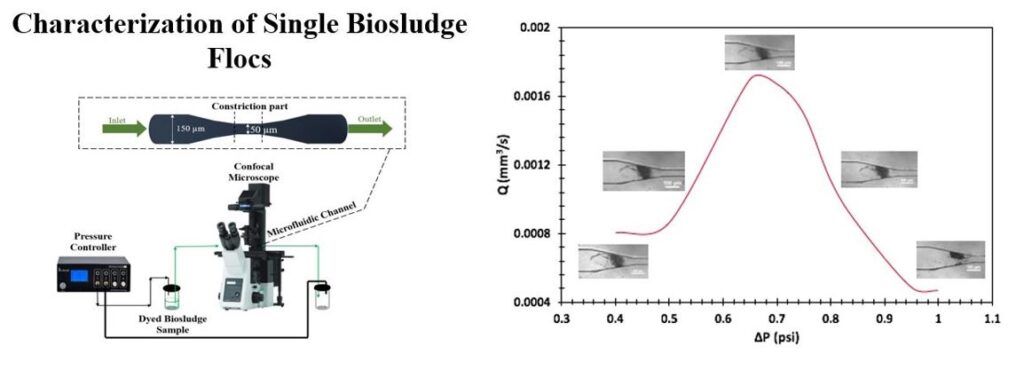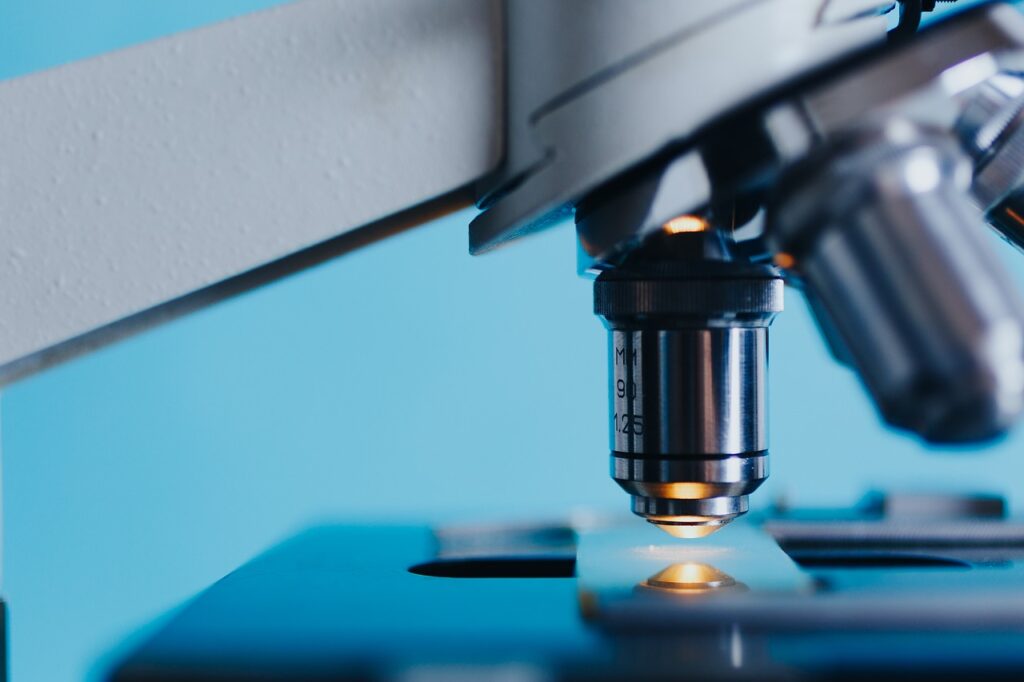Algae for the Production of Fuels, Chemicals and Food
This area involves developing and optimizing processes that incorporate microalgae and other organisms that derive their carbon from CO2 and energy from light. We have made significant progress on developing tools and understanding the composition, structure, and kinetics of algal/bacterial communities, particularly in biofilms, and developing systems to deliver light and CO2 effectively. The field is interdisciplinary, involving biotechnology, chemical engineering, microbiology and biochemistry and has a wide range of application areas including the production of food, pharmaceuticals, chemicals and the treatment of industrial wastes. Students can focus on fundamental engineering, chemistry and/or biology and interact with other faculty and industry on problems of economic and social importance.
Wastes to Value-Added Products
The overall theme of this aspect of my research is adding value to wastes via bioprocesses that use mixed microbial communities. This is especially important as we move towards a more sustainable future based on renewable resources such as biofuels and biorefineries. Taking full advantage of this requires that we develop processes with improved reliability, and predictability, that can treat a wider range of compounds in various wastes and that we expand their ability to produce useful byproducts (e.g. biofuels, biopolymers, bio-composites). Some of the main research areas are: optimizing flocculation and dewatering using renewable polymers; enhancing anaerobic digestion of biosolids and wastewaters for energy recovery; developing tools to characterize bioflocs, biofilms and dewatering processes; and, developing solar catalysts for wastewater treatment.




